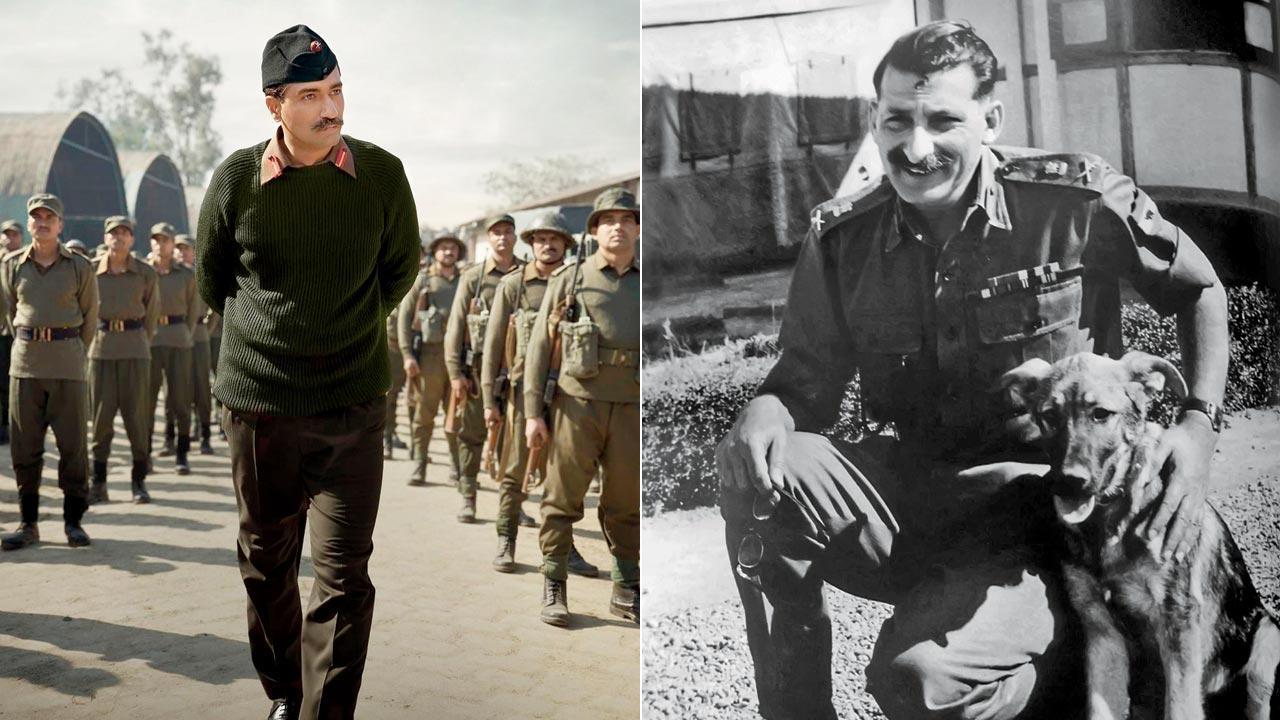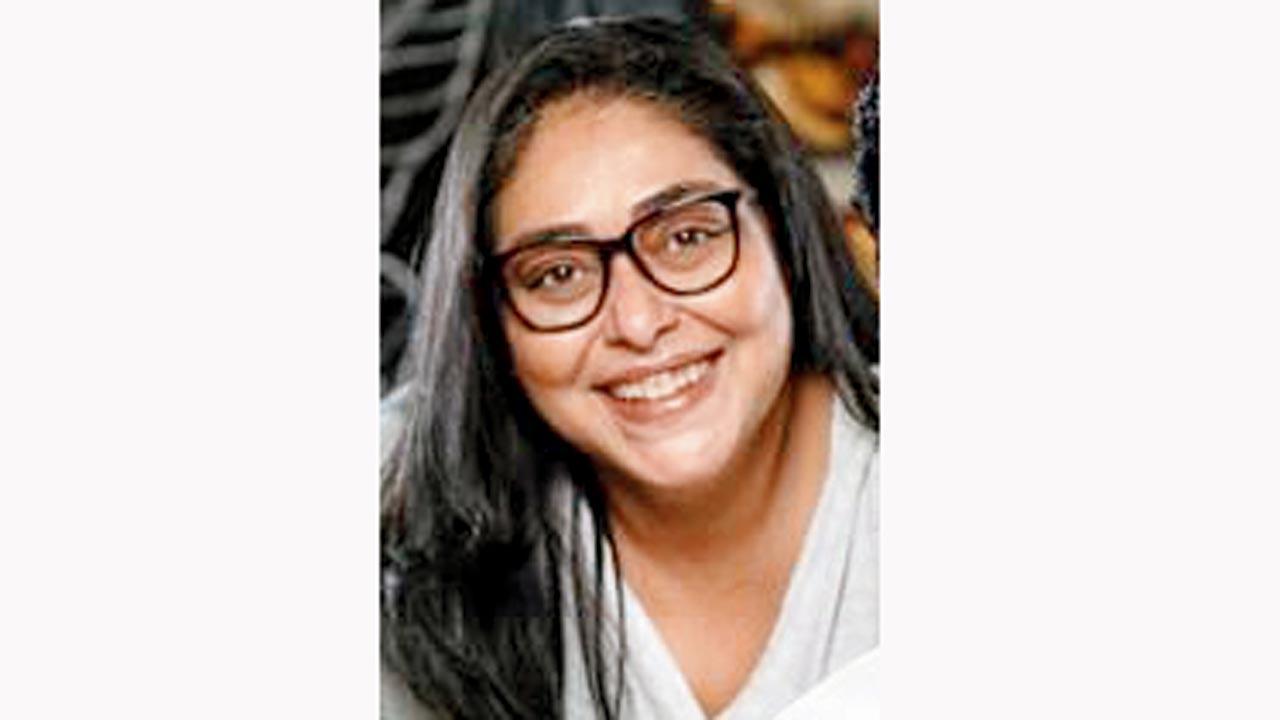Stating that Kaushal’s affability and gravity remind her of Manekshaw, Sam Bahadur director Meghna Gulzar on how the biopic focuses on decorated soldier’s integrity

A still from the film; (right) Sam Manekshaw
When Meghna Gulzar was first approached by producer Ronnie Screwvala to helm a biopic on Sam Manekshaw, she knew only two things about the soldier. First, that he was the Chief of Army Staff during the 1971 India-Pakistan War, and that he was India’s first Field Marshal. “But the story was an instant draw for me. I said yes almost immediately,” recounts Gulzar.
ADVERTISEMENT
For the part of the decorated Army officer, the director went back to Vicky Kaushal, her leading man in Raazi (2018). She was certain he was her on-screen Sam. She reasons, “I saw a strange similarity in the personalities of Vicky and Sam. No one could imagine Vicky transforming into Sam so perfectly. There is this mix of affability and gravity in the actor, and Sam was simply that. He’d speak with affection to his soldiers and indignation to his ministers.” The director was equally certain about not using prosthetics for the part. “In the midst of Chhapaak [2020], we ran a look test to understand how far we were from nailing the look. We didn’t want to get all artificial.”
 Meghna Gulzar
Meghna Gulzar
Gulzar believes the core of Sam Bahadur—also starring Fatima Sana Shaikh and Sanya Malhotra—hinges on Manekshaw’s integrity. Her subject’s innate flamboyance and heroic feats only add to the big-screen story. “All we had to do was dramatise his life’s episodes. Each incident is founded in his loyalty, integrity and righteousness. He was larger than life. We have retained his real lines in the film and captured the man’s inherent flamboyance. The bigger challenge was to fit his [professional] life, spanning 40 years, into a film’s runtime. We had to do justice to the life he had lived.”
A major pitfall of most patriotic films is that they lean towards jingoism. Her Raazi proves that she knows better than chest-thumping. “There is a scene where Sam, in 1947, says, ‘I was born in Amritsar, I work in Delhi, my wife is from Bombay. I can’t get more Indian than this.’ [During the Partition], Hindu and Muslim were the prime identities that decided which nation you’ll go to. Sam was a Parsi. He was challenged with identification. But Sam would find the crux of the most complex issue and put it in lines that would touch everyone.”
 Subscribe today by clicking the link and stay updated with the latest news!" Click here!
Subscribe today by clicking the link and stay updated with the latest news!" Click here!







